Recent Changes in Florida THCa Regulations

Navigating the legal landscape of cannabis can be complex. This is especially true when it comes to THCa, a non-psychoactive precursor to THC found in raw and live cannabis.
In Florida, recent changes to THCa regulations have stirred up a lot of discussion. These changes have implications for consumers, businesses, and medical marijuana patients alike.
Our goal is to shed light on these recent changes. We aim to provide a comprehensive overview of the new Florida THCa laws.
This article will delve into the legal nuances of THCa. We'll explore the implications for individuals and businesses interested in the use, distribution, and production of THCa products.
We'll also discuss how these changes affect the marketing strategies of cannabis-related businesses.
Stay tuned as we unravel the complexities of the recent changes in Florida THCa regulations.
Understanding THCa and Its Legal Status
THCa, short for tetrahydrocannabinolic acid, is a cannabinoid present in raw cannabis. Unlike THC, it does not produce psychoactive effects. This makes it particularly appealing for certain consumer segments.
Florida's evolving cannabis laws have sparked interest among consumers and businesses. It is crucial to understand how THCa fits into the broader legal framework. While it might appear similar to THC, its legal treatment can differ.
Until recently, Florida's stance on THCa was not entirely clear. Its classification often depended on its intended use and form. The state has now defined its position more distinctly.
The changes in THCa laws have altered the legal landscape. Key aspects of its legal status include:
- Differentiation from THC due to non-psychoactivity.
- Legal focus on use, distribution, and production.
- Regulation under both state and possibly federal laws.
These distinctions have significant implications for consumers and businesses alike. They bring potential benefits but also legal challenges.
Understanding THCa’s legal status helps stakeholders navigate compliance with Florida's cannabis laws. Knowledge of this complex area is crucial for anyone involved in the cannabis industry.
The Evolution of Florida THCa Laws
Florida's cannabis laws have undergone significant change over the past few years. Initially, the state's approach to cannabis was strict, focusing on prohibition. Over time, there has been a gradual shift towards more relaxed attitudes and regulations.
Early legislation in Florida primarily addressed medical marijuana. It provided access to patients with qualifying conditions. However, THCa was not specifically mentioned in these early laws.
As understanding of cannabinoids advanced, the regulatory framework also evolved. Florida recognized the potential benefits of various cannabinoids, including THCa. This led to its eventual inclusion in the legal conversation.
Recent legislative changes have clarified THCa's position in Florida's cannabis laws. These changes reflect broader trends in cannabis regulation nationwide. Florida's lawmakers have moved towards a more nuanced view.
The shift in THCa laws aims to accommodate both medical and consumer interests. It seeks to provide clarity for businesses looking to capitalize on THCa’s market potential. This is particularly important for startups and emerging companies.
Florida's Department of Health plays a vital role in regulating THCa. Its guidelines and directives directly impact how businesses operate. Companies must ensure compliance to avoid legal repercussions.
Despite state-level changes, federal regulations still influence THCa's legal status. Aligning state laws with federal requirements remains a challenge. Businesses must stay informed on both fronts to navigate the regulatory landscape effectively.
The evolution of Florida THCa laws illustrates the dynamic nature of cannabis legislation. It highlights the importance of adapting to legal and market changes. This evolution is a testament to ongoing efforts to balance innovation with regulation in the cannabis sector.
Implications for Consumers and Patients
The recent changes in Florida THCa laws hold significant promise for consumers. These changes provide clearer guidelines on what is legal. This newfound clarity is crucial for patient safety and well-being.
For patients using medical marijuana, THCa's legal status is pivotal. It expands treatment options, offering alternatives to traditional methods. This development enhances the flexibility of patient care plans.
Consumers interested in THCa products now face fewer restrictions. The regulatory adjustments allow more diverse product offerings. This variety caters to different preferences and needs.
However, consumers must remain informed about the new regulations. Staying aware of the legal nuances helps avoid inadvertent infractions. This vigilance is especially important when procuring THCa products.
The updates also aim to boost consumer trust in the cannabis market. They establish more rigorous standards for product quality. This ensures that consumers access safe, effective THCa products.
Educational initiatives play a role in this transition. Efforts to inform the public about THCa's potential benefits are crucial. Such initiatives help demystify THCa, encouraging informed consumer choices. The growing awareness supports a more educated and proactive consumer base in Florida.
What Businesses Need to Know About Compliance
The evolving legal landscape for THCa in Florida presents challenges for businesses. Compliance is now more critical than ever. Understanding and adapting to the new regulations is essential for staying operational.
Businesses must familiarize themselves with the updated Florida cannabis laws. These laws dictate the legal framework within which they can operate. A thorough understanding of this framework ensures alignment with legal requirements.
Licensing is a crucial part of compliance for THCa producers and retailers. The process can be stringent, demanding detailed paperwork and inspections. Ensuring compliance reduces the risk of hefty fines and business disruptions.
Quality control is another pivotal area for THCa businesses. Products must meet specified standards to comply with the law. Implementing rigorous testing protocols ensures adherence to these standards.
Accurate product labeling is vital under the new regulations. Labels must clearly state the THC and THCa content. Transparency in labeling builds consumer trust and meets legal obligations.
Businesses should establish a clear compliance strategy. This strategy should include regular reviews of legal updates. Being proactive helps businesses adapt quickly to any legislative changes.
Collaboration with legal experts can provide invaluable guidance. Lawyers specializing in cannabis laws offer deep insights. Their expertise helps in navigating the complex compliance landscape.
Finally, engaging with industry groups can be beneficial. These groups often provide resources and updates on legal changes. Participation in such groups fosters community and aids in staying informed.
Navigating the New THCa Regulations: A Guide for Startups
For startups, the new THCa regulations in Florida can seem daunting. However, understanding and navigating these regulations is essential. A proactive approach can set the stage for success.
Begin by thoroughly researching Florida THCa Laws. This research forms the foundation of your compliance strategy. Knowledge of these laws helps in making informed business decisions.
Consulting legal professionals should be a priority. They provide clarity on the intricate legal requirements. Their advice can also minimize legal risks for your startup.
Develop a comprehensive compliance plan early on. This plan should address all aspects of production and distribution. A structured plan ensures you remain within the legal boundaries.
Networking with other cannabis startups can offer insights. Sharing experiences can help in understanding common challenges. It can also reveal innovative solutions to regulatory hurdles.
Finally, stay informed about any changes in florida cannabis laws. Regulatory landscapes can shift swiftly, affecting your operations. Regular updates ensure that your business is always prepared and compliant.
Marketing THCa Products in Florida: Aligning Brand Messaging with Legal Requirements
Marketing THCa products in Florida demands careful attention to legal compliance. It begins with understanding the distinctions between Florida marijuana laws and florida cannabis laws. This knowledge ensures your messaging is both accurate and lawful.
Next, your brand narrative must reflect your commitment to legal standards. Highlighting compliance in your marketing materials builds consumer trust. It also aligns your brand with responsible industry practices, reinforcing reliability.
Clear and transparent communication is key. Use straightforward language to explain the legal aspects of THCa products. This clarity helps consumers make informed decisions without any confusion.
Collaboration between legal experts and marketing teams is invaluable. Legal input ensures that every message complies with Florida THCa Laws. This joint effort minimizes risks of unintentional legal breaches in your marketing strategies.
Finally, consistent messaging across all platforms is essential. Your social media, website, and printed materials should uniformly promote legal awareness. A cohesive approach strengthens your brand's credibility in the cannabis market.
The Role of Testing and Quality Control in THCa Product Manufacturing
Testing and quality control are crucial in ensuring the safety of THCa products. They help protect consumers by guaranteeing consistency and purity.
Comprehensive testing processes identify contaminants in THCa products. These include pesticides and heavy metals, ensuring products meet safety standards.
Quality control also verifies the potency of THCa products. This process helps maintain dosage accuracy, giving consumers confidence in their purchases.
Implementing robust testing protocols in production builds brand integrity. It shows a commitment to high-quality products and compliance with Florida THCa laws, supporting industry credibility.
The Future of Florida THCa Laws and Industry Trends
Florida's THCa laws are likely to evolve with changing federal guidelines. As cannabis gains wider acceptance, state laws may become more progressive.
Industry trends suggest a move towards more flexible regulations. These changes could foster innovation and entrepreneurship within the THCa market.
Companies may increasingly focus on sustainability practices. This shift responds to consumer demand for ethical and environmentally-friendly production.
Educating consumers will remain vital as laws change. Brands may invest in awareness campaigns to keep their audience informed and engaged.
Legal changes might also impact consumer preferences. Understanding these trends helps businesses stay ahead in the competitive cannabis landscape.
Resources and Further Reading for Staying Informed
Staying informed about THCa laws is crucial for businesses and consumers alike. Being up-to-date helps in navigating the complex legal landscape effectively.
Various resources are available to provide comprehensive information. They offer insights into both current laws and potential future changes.
Here are some recommended resources to consider:
- Florida Department of Health website
- Cannabis industry newsletters
- Legal blogs specializing in cannabis law
Regularly engaging with these platforms ensures you are equipped with the latest updates. This proactive approach assists in making informed decisions and maintaining compliance.
No comments


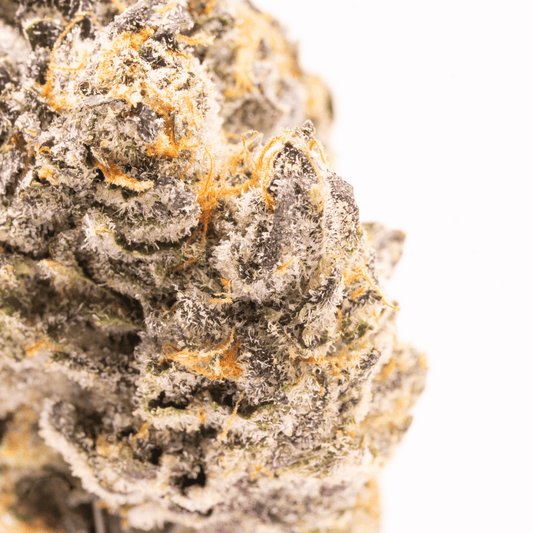



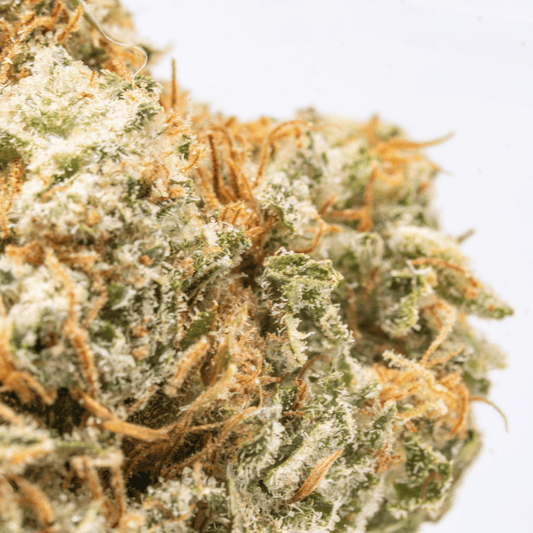

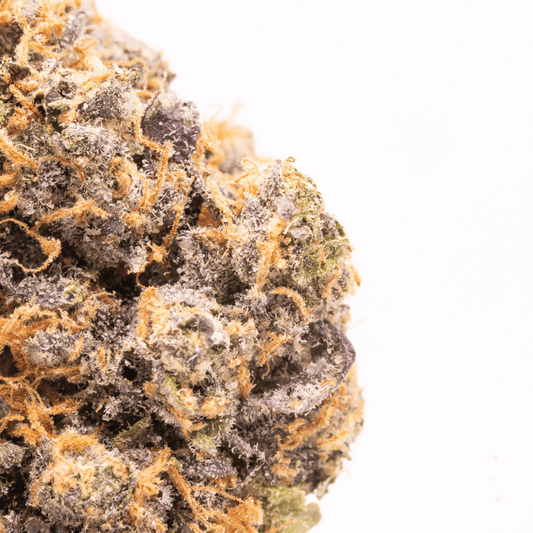

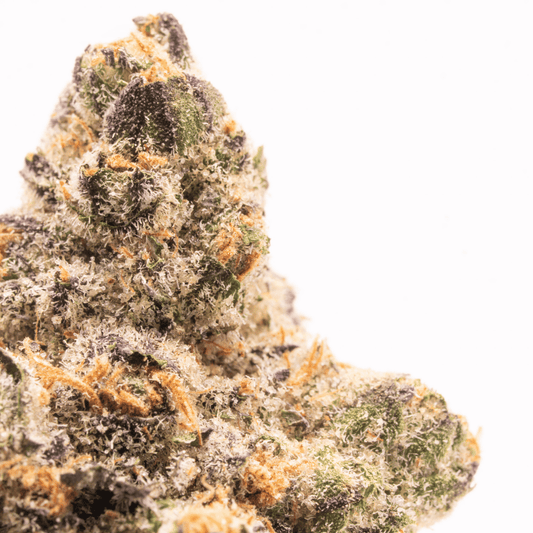

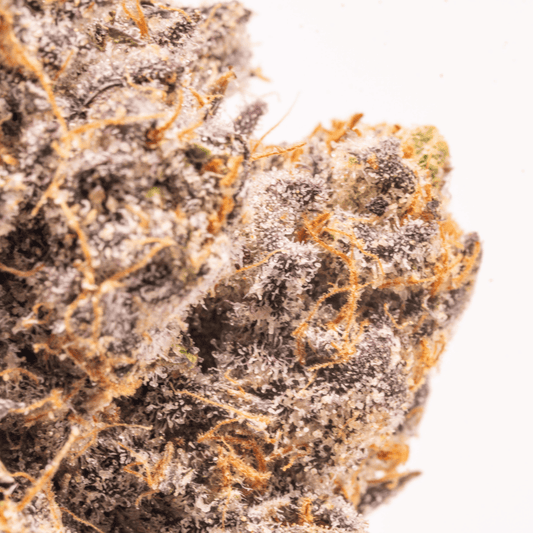



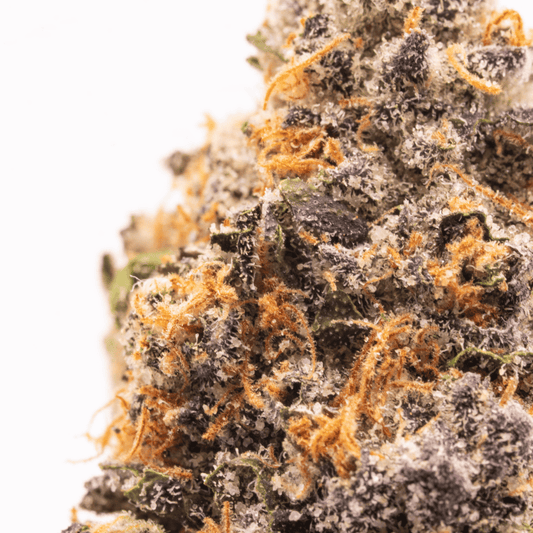

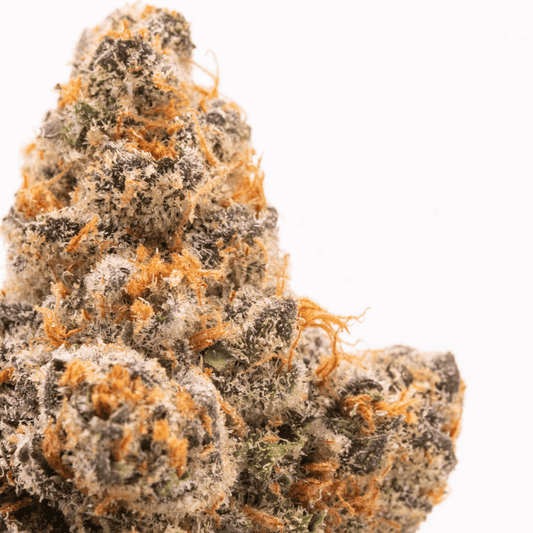

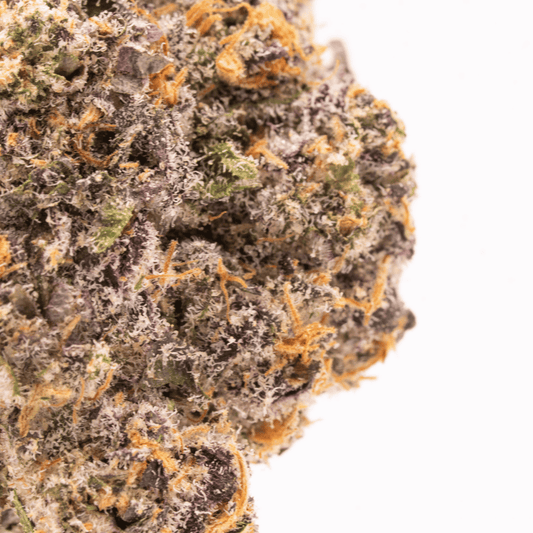



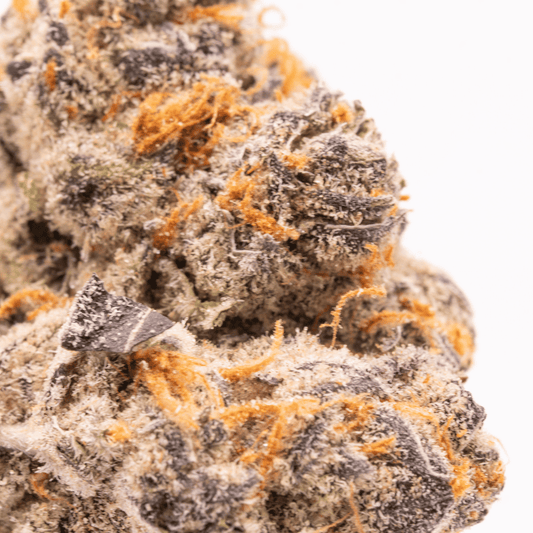

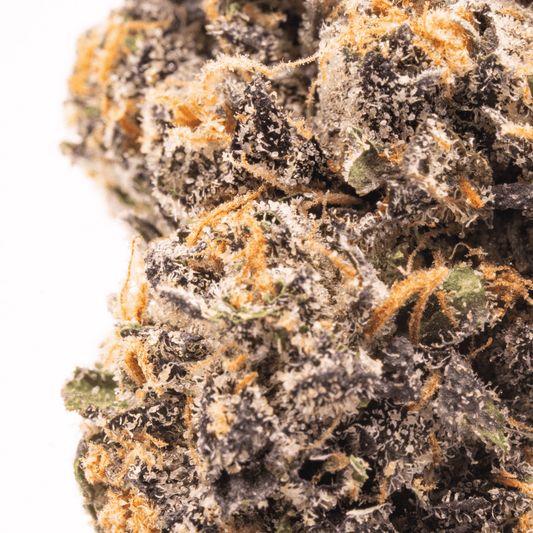



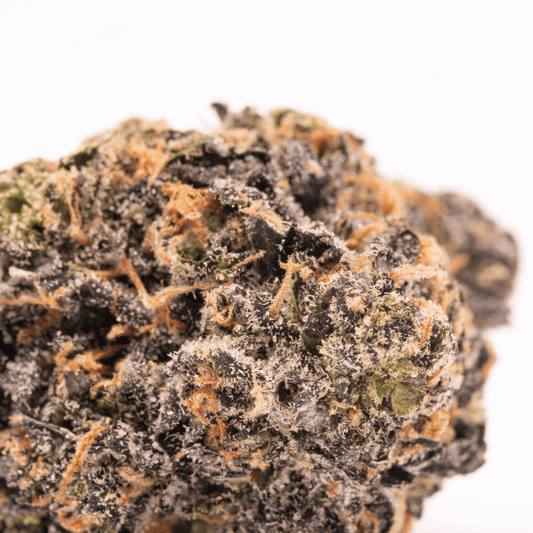









0 comments